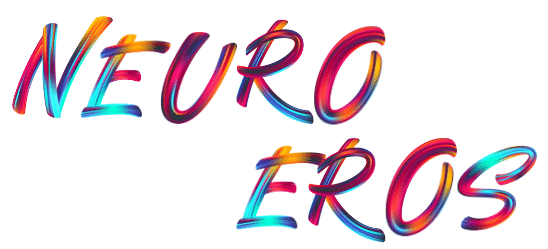Personality disorders are psychological conditions that affect the way a person thinks, feels and interacts with others. Often unrecognized and misunderstood, these disorders can have a considerable impact on the quality of life of those affected and those around them. To help you better understand and recognize the different types of personality disorders, this article reviews the symptoms, salient features and classifications relating to each.
What is a personality disorder?
A personality disorder is defined by a set of thoughts, emotions and behaviors that are an integral part of an individual’s personality, but which become so rigid and pervasive as to affect daily life. These disorders vary in intensity and duration, but generally persist throughout life, making it difficult to establish healthy, consensual relationships with others. However, it is essential to note that each person with a personality disorder is unique, and does not necessarily display all the symptoms described.
Classification of personality disorders

According to the Diagnostic and Statistical Manual of Mental Disorders (DSM-5), personality disorders are classified into three major groups, known as “clusters”. Each of these groups is characterized by common features that distinguish the disorders within it.
Cluster A – Eccentric disorders
This group brings together disorders whose symptoms include a strange, eccentric or bizarre way of thinking and acting. It includes :
- Schizotypal personality disorder: this disorder is marked by eccentric behavior, unusual ideas and difficult social interactions.
- Paranoid Personality Disorder: sufferers display a persistent sense of distrust towards others, and are convinced that others are out to do them harm.
- Schizoid personality disorder: characterized by emotional detachment and disinterest in interpersonal relationships.
Cluster B – Dramatic disorders
Cluster B disorders are associated with intense, unstable emotions and unpredictable behavior. They include :
- Antisocial Personality Disorder: individuals demonstrate a lack of consideration for the rights of others, manipulative behavior and an absence of remorse.
- Borderline personality disorder: characterized by mood instability, intense fear of abandonment and impulsive behavior.
- Histrionic Personality Disorder: sufferers constantly seek attention, displaying theatrical and dramatic behavior.
- Narcissistic personality disorder: manifested by a strong need for admiration, a lack of empathy and feelings of superiority.
Cluster C – Anxiety and fear disorders
Cluster C disorders are characterized by thoughts and behaviors influenced by fear and anxiety. This group includes :
- Avoidant Personality Disorder: sufferers display feelings of inferiority and intense anxiety in social situations, leading them to avoid contact with others.
- Dependent Personality Disorder: an excessive need to be taken care of and a refusal to make one’s own decisions.
- Obsessive-compulsive personality disorder: affected individuals are preoccupied with perfection, order and control, at the risk of affecting their emotional well-being and relationships.
How to recognize the symptoms of personality disorders?
While each personality disorder has its own specific symptoms, certain signs may be indicative of an underlying problem, including:
- Difficulty establishing and maintaining healthy interpersonal relationships
- Disproportionate or inappropriate emotional reaction
- self-destructive or impulsive behavior
- An excessive need for control or dependence on others
- Chronic feelings of dissatisfaction or inner emptiness
If you think you have a personality disorder, or if you recognize these symptoms in someone you know, it’s a good idea to consult a mental health professional, such as a psychologist or psychiatrist. They will be able to help you identify the origin of the problem and set up an appropriate treatment.

I’m a young man studying in the field of health and sexuality. Passionate and committed, I am known for my dedication to my studies and my desire to make a significant contribution to society.
I am particularly interested in issues of consent and prevention in the field of sexual health, a subject that I feel is crucially important and often neglected. Those who know me well describe me as an empathetic person with an incredible ability to understand and support people in need.
I strive to demystify preconceived ideas about sexuality and improve attitudes and perceptions around sexual health. I’m a passionate advocate of the importance of sex education and consent education in universities, recognising the major transition students are going through in terms of their love and sex lives during their studies.
With a keen eye on society, I am particularly concerned about the problems of forced or unwanted sexuality among students, which I find unacceptable. I plan to devote my career to changing these disturbing statistics, by creating training and intervention programmes to improve knowledge, attitudes and behaviour relating to sexuality among young people.
My ultimate goal is to create an environment where every individual has the power to make informed choices about their sexual health, and where respect and consent are the norm. Overall, I am a character who represents commitment, compassion and the desire to make a difference in the world.
